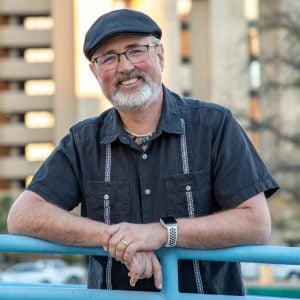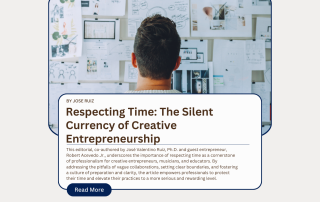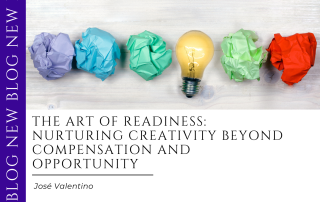David Thaxton

David Thaxton is from Sparks, Nevada, where he is currently in his 31st year of teaching Elementary music to pre-K through 6th grade. He holds a B.M.E. Degree from the University of Northern Colorado and an M.M. from Eastern Washington University.
As an AOSA-certified teacher trainer for Orff Level I, II, and III pedagogy and Levels I and II recorder, David teaches Summer Courses in Reno, San Diego, Birmingham, Chicago, and Portland. He has presented workshops and clinics at local, state, and national levels, and he also presents to Orff chapters throughout the country.
David is also a Past President and current Treasurer for the Sierra Nevada Chapter of AOSA, where he was co-founder of the Sierra Nevada Orff Festival. At the national level, he has served on the Editorial Board of The Echo Journal of the American Orff Schulwerk Association and the monthly online publication, Reverberations. He is currently the Treasurer for the American Center for Elemental Music and Movement and was also awarded the ACEMM Spotlight Educator Award. His book “Making Tracks: Recorder Explorations, Creations and Improvisations,” published through Sweet Pipes, is used in elementary music classrooms across the country as an improvisatory approach to recorder instruction. His most recent publication, “Rounds all Around” through F-Flat books, features a collection of original rounds in addition to “Sasquatch,” an eBook for elementary students due for release in 2026.
eBooks by David Thaxton
Posts by David Thaxton
Commercializing Cross-Cultural Instrumentalist Strategies
Abstract This interview with Néstor Torres, facilitated by Dr. José [...]
The Pen of Life: Authorship, Authenticity, and Authority in Creative Enterprise
Abstract This article explores the challenges and opportunities faced by [...]
Respecting Time: The Silent Currency of Creative Entrepreneurship
Abstract This editorial, co-authored by José Valentino Ruiz, Ph.D. and [...]
A Realistic Take on Creating Opportunities for Student Agency
With both of my sons now in middle school, and [...]
The Art of Readiness: Nurturing Creativity Beyond Compensation and Opportunity
Abstract This article explores the importance of cultivating creative readiness [...]
The Power of Thanks: Gratitude in Music, Business, and Beyond
The Power of Thanks: Gratitude in Music, Business, and Beyond [...]






